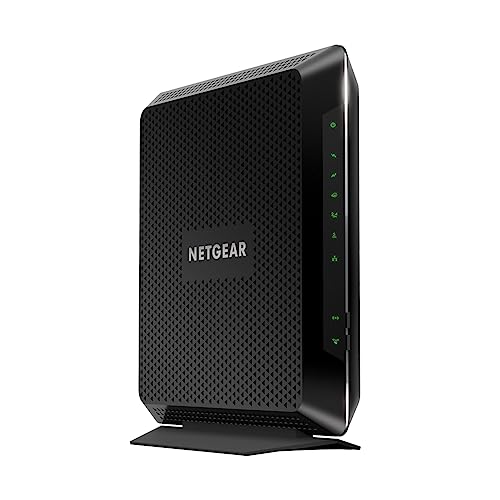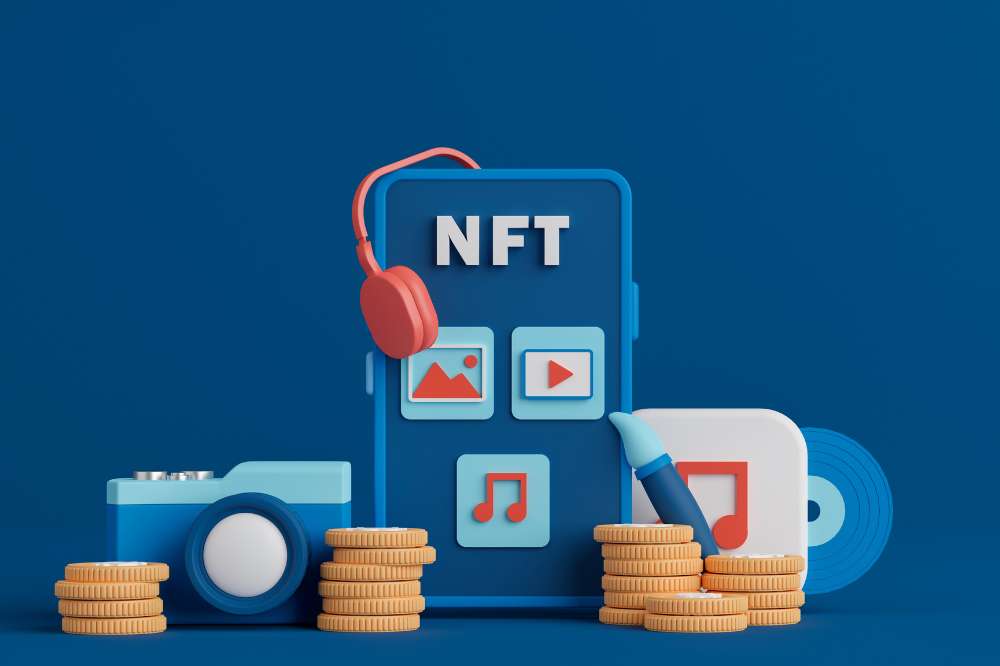Imagine a world where your digital identity isn’t just a string of characters tied to a centralized database, but a sovereign entity under your complete control, accessible across countless applications and platforms without sacrificing privacy or security. Welcome to the realm of Decentralized Identifiers (DIDs), the cutting-edge solution revolutionizing how we manage identity in the digital age.
In a landscape rife with data breaches and privacy concerns, DIDs offer a beacon of hope, promising a future where individuals and organizations alike can assert ownership over their identities with unprecedented confidence. But what exactly are DIDs, and how do they wield such transformative power?
Join us as we embark on an exhilarating exploration of Decentralized Identifiers, delving into their origins, functionalities, and profound implications for the future of identity management on the blockchain.
Buckle up as we unravel the mysteries of DIDs and discover the key to unlocking a world where digital identity is not just secure but truly yours.
- Compatible with major cable internet providers including Xfinity, Spectrum, Cox and more. NOT compatible...
- [Compatibility] 12V Power Supply Adapter Compatible with Netgear, Linksys, Asus,Motorola, Motorola/Arris...
What are Decentralized Identifiers in Blockchain?

Decentralized Identifiers (DIDs) are unique identifiers that are created and managed on blockchain networks, designed to uniquely represent individuals, organizations, or entities in decentralized systems.
Unlike traditional identifiers such as usernames or email addresses, which are often controlled by centralized entities, DIDs are self-sovereign, meaning that users have full control and ownership over their identities.
1. Components of a DID
A Decentralized Identifier consists of several components:
- DID Method: The DID method specifies the protocol or mechanism used to create and manage DIDs. Each DID method defines its own rules and procedures for generating and resolving DIDs. For example, the Ethereum blockchain uses the “ethr” DID method, while other blockchain networks may have their own unique methods.
- DID Document: The DID document contains metadata and cryptographic keys associated with the DID. It serves as a digital representation of the identity, containing information such as public keys, service endpoints, and authentication mechanisms.
- DID Controller: The DID controller is the entity that has control over the DID and its associated resources. This could be an individual, organization, or device that owns the private keys corresponding to the DID. The controller is responsible for managing and updating the DID document.
2. Creation and Management
DIDs are created using cryptographic algorithms and stored on the blockchain as immutable records. Users generate their DIDs using specialized software or services, which then interact with the blockchain network to register the identifier.
Once registered, the DID can be used to authenticate users, authorize access to resources, and establish trust in decentralized systems.
Overall, Decentralized Identifiers in blockchain offer a robust and flexible solution for identity management in blockchain technology, empowering users with greater privacy, security, and control over their digital identities.
Benefits of Decentralized Identifiers
Decentralized Identifiers (DIDs) offer a host of benefits that revolutionize the way identities are managed and authenticated in the digital realm.
- Enhanced privacy and security: By embracing the concept of self-sovereign identity, DIDs empower individuals to take control of their personal data and identity attributes. Unlike traditional identity systems that rely on centralized authorities to verify and authenticate identities, DIDs enable users to manage their identity information directly, reducing the risk of data breaches, identity theft, and unauthorized access.
- Interoperability: One of the key advantages of DIDs is their ability to operate across different blockchain networks and decentralized systems seamlessly. This interoperability ensures that DIDs can be utilized in various contexts and applications, from decentralized finance (DeFi) platforms to social media networks and supply chain management systems, without being limited to a specific blockchain ecosystem.
- Immutable and tamper-proof: Leveraging the immutable nature of blockchain technology, DIDs provide a tamper-proof solution for identity management. Once created and recorded on the blockchain, DIDs, and their associated metadata cannot be altered or manipulated, ensuring the integrity and authenticity of identity data. This immutability instills trust and confidence in the validity of identity information, reducing the risk of fraud and manipulation in digital interactions.
Use Cases and Applications of Decentralized Identifiers
The potential applications of Decentralized Identifiers (DIDs) span a wide range of industries and use cases, offering innovative solutions to longstanding challenges in identity management, privacy, and security.
Some notable examples include:
- Decentralized Finance (DeFi): DIDs enable you to securely access and manage financial services, such as borrowing, lending, and trading, without relying on traditional identity verification methods. By leveraging DIDs, you can maintain control over your financial data while participating in DeFi protocols
- Healthcare: DIDs empower patients to take ownership of their medical records and control access to sensitive health information. Healthcare providers can securely authenticate patients and share relevant medical data using DIDs, facilitating seamless interoperability and improving patient outcomes.
- Supply Chain Management: DIDs offer a transparent and tamper-proof means of tracking goods throughout the supply chain. By assigning DIDs to products and recording transactional data on the blockchain, companies can enhance traceability, reduce counterfeiting, and ensure compliance with regulatory standards.
- Identity Verification: DIDs streamline the process of identity verification, eliminating the need for centralized authorities and reducing the risk of identity theft and fraud. Whether accessing online services, voting in elections, or proving age or citizenship, DIDs provide a secure and privacy-preserving solution for identity authentication.
Challenges and Considerations
Despite their numerous benefits, Decentralized Identifiers (DIDs) also face several challenges and considerations that need to be addressed for widespread adoption and scalability.
- Scalability: As the adoption of DIDs increases, managing large volumes of identifiers on blockchain networks can become a significant challenge. Scalability issues such as network congestion and increased transaction costs may arise, necessitating the development of efficient scaling solutions to accommodate growing demand.
- Governance: Another consideration is the governance of DID methods and protocols to ensure interoperability and standardization across different blockchain networks and identity systems. Establishing consensus mechanisms and governance frameworks for managing DID registries and resolving disputes is essential for maintaining trust and consistency in decentralized identity ecosystems.
- Privacy concerns: Balancing the need for identity verification with user privacy rights is a critical challenge in decentralized identity management. While DIDs offer enhanced privacy and security, concerns may arise regarding the collection, storage, and sharing of sensitive identity information. Striking a balance between identity verification requirements and user privacy preferences is paramount to fostering trust and the adoption of decentralized identity solutions.
Conclusion
Decentralized Identifiers (DIDs) represent a transformative approach to identity management in blockchain technology. By leveraging the principles of self-sovereign identity and blockchain technology, DIDs offer enhanced privacy, security, and interoperability for individuals and organizations.
As discussed throughout this article, DIDs hold the key to revolutionizing digital identity solutions and empowering individuals with greater control over their identities.
By addressing challenges such as scalability, governance, and privacy concerns, and embracing emerging trends and developments, DIDs have the potential to reshape the future of identity management and unlock new opportunities for trust, security, and innovation in the decentralized digital economy.





